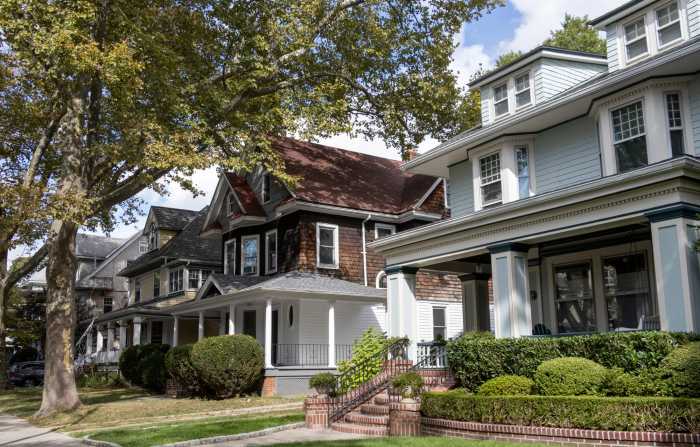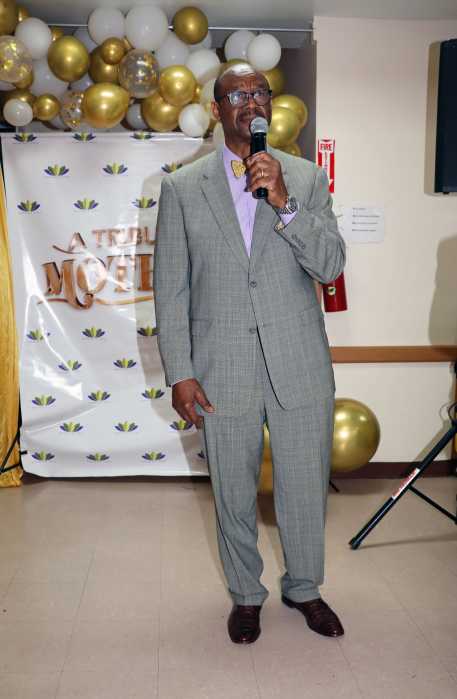Colorado Attorney General John W. Suthers. | OFFICE OF THE COLORADO ATTORNEY GENERAL
Two trial judges in Colorado advanced the cause of same-sex marriage on July 23, as a Denver-based federal district court found that the state’s ban on same-sex marriage violates the 14th Amendment, while a state court in Boulder denied a motion to order the county clerk there to stop issuing marriage licenses to same-sex couples.
The following day, the Colorado Court of Appeals upheld the judge who allowed the Boulder weddings to continue.
With developments playing out in different state and federal courthouses across Colorado, the situation remains in flux. Politically, the most interesting aspect of the drama is that resistance to gay marriage is coming from Republican Attorney General John W. Suthers, who is elected separately from the governor. That office is held by John Hickenlooper, a Democrat who has unsuccessfully pressed Suthers to desist from his efforts.
Republican attorney general remains thwarted in drive to halt licenses going to same-sex couples
In the federal district court, Judge Raymond P. Moore followed the recent rulings from the 10th Circuit Court of Appeals –– under whose jurisdiction Colorado is –– in the Utah and Oklahoma marriage equality lawsuits. The only suspense involved the question of a stay. The state had requested that Moore put his decision on hold until final resolution of the Utah case, which state officials there have appealed to the Supreme Court. The judge, however, issued only a temporary stay until August 25, to give the state time to seek relief from either the 10th Circuit or the Supreme Court.
Action in the state courts currently centers on Hillary Hall, the county clerk in Boulder. Shortly after the 10th Circuit issued its Utah decision in late June, she began issuing marriage licenses, on the advice of Deputy County Attorney David Hughes. Hall argued that the 10th Circuit Utah ruling, though stayed, meant that Colorado’s marriage ban was unconstitutional and so could be ignored.
Boulder County District Judge Andrew Hartman has twice now rejected motions from Suthers, the attorney general, to halt Hall from issuing licenses. Hartman first did so a day after the July 9 ruling from another Colorado trial judge, Scott Crabtree, in cases involving the Adams and Denver County clerks. Crabtree struck down the state’s marriage ban, but stayed his ruling pending the state’s appeal. When Hartman declined to stop Boulder from issuing licenses, the county clerks in Denver and Pueblo Counties followed Hall’s lead.
Suthers succeeded in getting the Colorado Supreme Court to order Denver and Adams County clerks to not issues licenses, and then prevailed on Pueblo County to also stop by threatening further court action. That left Hall, in Boulder, as the only clerk still issuing licenses.
On July 23, Hartman remained unconvinced that Boulder must stop issuing licenses. He noted Crabtree’s state court ruling, the 10th Circuit’s July 18 ruling that Oklahoma’s marriage ban was unconstitutional –– which echoed what that court did a month ago regarding Utah –– and the July 17 ruling from a state circuit court judge in Florida finding that state’s ban unconstitutional.
Hartman also pointed out that Supreme Court Justice Samuel Alito, who dissented in last year’s Defense of Marriage Act ruling, recently rejected the attempt by a Pennsylvania local official to halt marriages there to give her time to intervene in an appeal of a federal court ruling that the Republican governor, Tom Corbett, declined to challenge. Alito cited the high court’s earlier decision not to stay an Oregon marriage equality ruling when an anti-gay group tried to intervene after that state’s officials announced they would not appeal.
Hartman rejected the attorney general’s argument that the Colorado Supreme Court’s order to Adams and Denver County was binding on him, since that was based on Crabtree’s stay of his decision and the Boulder clerk was not relying on the Crabtree ruling, but rather the 10th Circuit’s action in federal court.
Rejecting Suthers’ motion, Hartman found that the state was unlikely to win on the merits in an appeal and suffers no harm from licenses being issued. To impose a stay, he concluded, would harm same-sex couples seeking to marry while advancing no public interest.
“The State has simply offered no evidence of any confusion or disorder resulting from same sex-couples obtaining marriage licenses in Boulder County,” the judge commented.
Suthers will now seek to undo the Colorado Court of Appeals ruling at the State Supreme Court.
In the case before the federal district court, the attorney general argued that the Supreme Court’s decision in January to stay the Utah marriage ruling was a signal to all lower courts that they must stay their marriage equality rulings until the high court was ready to resolve the matter at the national level.
But Judge Moore declined to issue such a stay, settling instead on a temporary stay allowing the state to seek a longer stay in the higher courts.
“There is at least one aspect of this case which differs from other same-sex marriage cases being litigated elsewhere in the federal system which has not been emphasized by the parties,” he wrote. “Here, the applicable appellate court [the 10th Circuit] has already spoken — more than once. Thus, it is conceivable that any perceived ‘directive’ from the Supreme Court to let appellate courts consider this issue does not apply here.”
Then, explaining why he would issue a temporary stay, until late August, Moore wrote, “The Court recognizes that the 10th Circuit or the Supreme Court may choose to issue a stay in this matter. And this Court will not foreclose Defendants from having a fair opportunity to seek such a stay.”
Suthers immediately announced he would seek a stay pending final disposition from the 10th Circuit or, if necessary, the Supreme Court. Meanwhile, same-sex couples who wish to marry in Colorado can still do so in Boulder County while Suthers appeals Judge Hartman’s ruling to the Colorado Supreme Court.
Moore was appointed to the federal district court by President Barack Obama in 2013. Hartman was appointed to the state bench the same year by Governor Hickenlooper.
A Gay City News infographic charts the current state of marriage equality across the US.

















